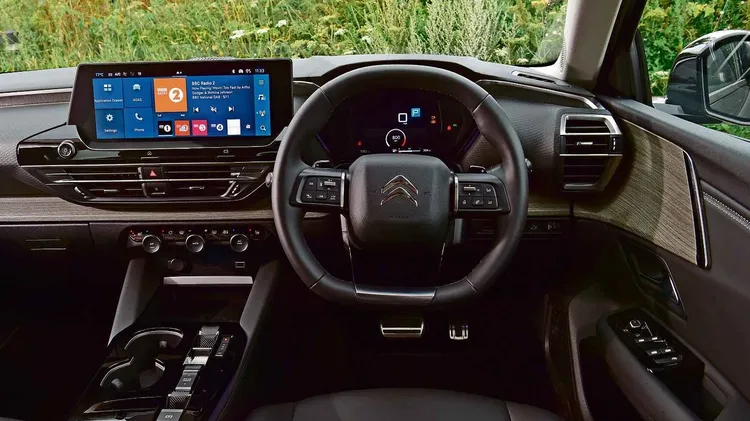Cars with odd specs delivered during the pa
Used car buyers warned of lingering covid symptoms
2 min read
This article is from...
Read this article and 8000+ more magazines and newspapers on Readly






